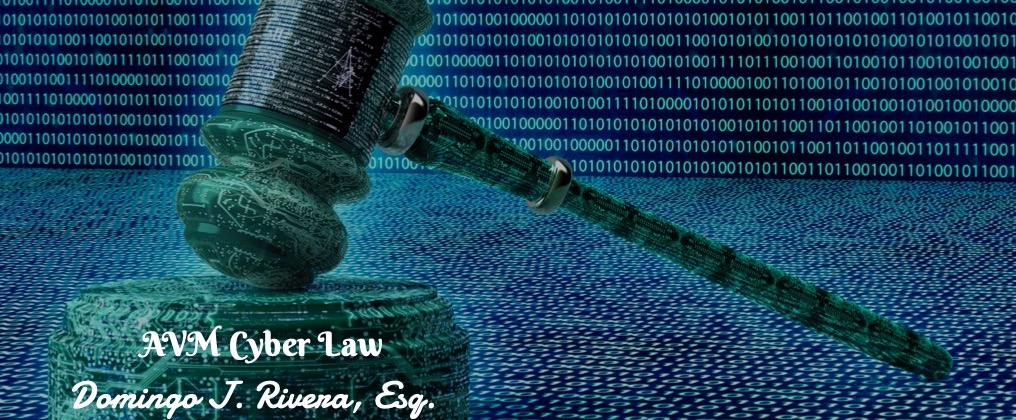The Digital Millennium Copyright Act: Protecting the ISPs and bogging down technology
Wed, May 30, 2007
Read in 2 minutes
In Universal City Studios v. Reimerdes, 111 F. Supp. 2d 294 (2000), a case decided after the passage of the DMCA, motion picture studios brought action under the DMCA to enjoin Internet website owners from posting or downloading software that decrypted digitally encrypted movies on DVDs

The Digital Millennium Copyright Act (DMCA), codified in 17 U.S.C. § 512, amended the U.S. Copyright Act of 1976. The DMCA provides for severe criminal penalties for circumventing technical measures protecting copyrighted works.
The DMCA protects Internet Service Providers (ISPs) from liability arising from acts by the ISP’s customers. However, there are certain conditions that an ISP must meet in order to qualify for the Act’s safe harbor provisions. To enjoy safe harbor protection, an ISP must:
- Implement a policy to terminate infringers;
- Designate a service provider agent for notification of claims of infringement. (The list of designated service provider agents is located at: http://www.copyright.gov/onlinesp/list/index.html)
- Provide means to receive notice of infringement and upon obtaining notice act expeditiously to remove, or disable access to the infringing material and
- Have no actual knowledge of the infringing activity.
Arguably, the DMCA has bogged down the development of technology. For example, in Sony Corp. v. Universal City Studios, Inc., 464 U.S. 417 (1984), a case decided prior to the passage of the DMCA, the U.S. Supreme Court held that a manufacturer of video tape recorders could not be held liable for contributory copyright infringement. The Court found that although video tape recorders could be used to copy copyrighted television shows, there were commercially significant non-infringing uses for the device. This decision facilitated the commercial widespread of video tape recording devices such as Betamax and VCRs.
In Universal City Studios v. Reimerdes, 111 F. Supp. 2d 294 (2000), a case decided after the passage of the DMCA, motion picture studios brought action under the DMCA to enjoin Internet website owners from posting or downloading software that decrypted digitally encrypted movies on DVDs. The United States District Court for the Southern District of New York granted the injunction under the authority of the DMCA.
Despite the obvious differences between the distribution of a machine that records unencrypted television shows and the distribution of code that allows the copying of encrypted DVDs, had the DMCA existed in 1984, what would have happened to the development of the home video recording industry?